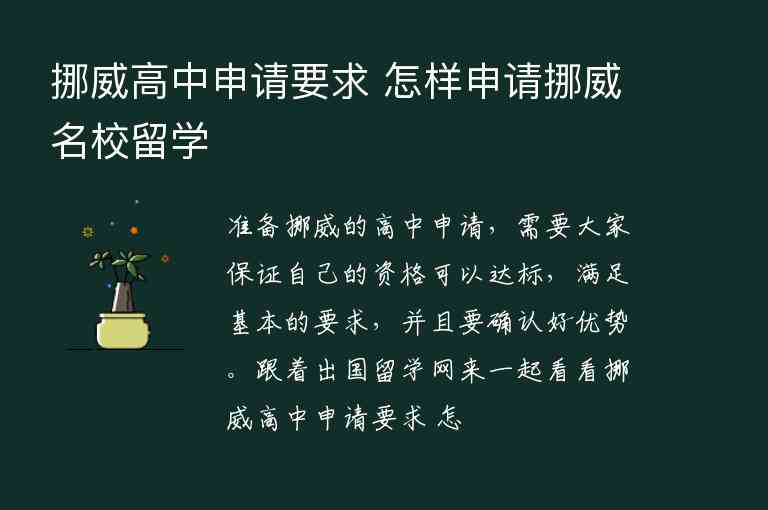[sì shě wǔ rù]
用法:四舍五入是一种数学计算方法,指对数字的最后一位进行判断,如果这位数大于5,则进一位;如果小于5,则舍去。如果该数字的最后一位是5,则根据其前面的数字判断是否进位。
例句1:当你计算总价时,可以选择四舍五入,这样可以保证精确度。
When you calculate the total price, you can choose to round up, which ensures accuracy.
例句2:这个问题的答案应该是3.5,但是因为我们要求精确度只到整数位,所以需要四舍五入为4。
The answer to this problem should be 3.5, but because we only require accuracy to the integer place, we need to round up to 4.
例句3:在商业交易中,金额很多时常会使用四舍五入来避免小数点带来的误差。
In business transactions, rounding up is often used when dealing with large amounts of money in order to avoid errors caused by decimal points.
同义词及用法:
1. 四舍五入也可以称作“取整”、“近似”、“按照规则调整”等。
2. 在英语中,rounding up也可以表达相同的意思。
编辑总结:
四舍五入是一种常用的数学计算方法,在日常生活和商业交易中都有广泛应用。它能够保证计算结果的精确度,并且简单易懂。翻译人员需要注意使用准确的词语来表达这一概念,避免造成理解上的误差。




